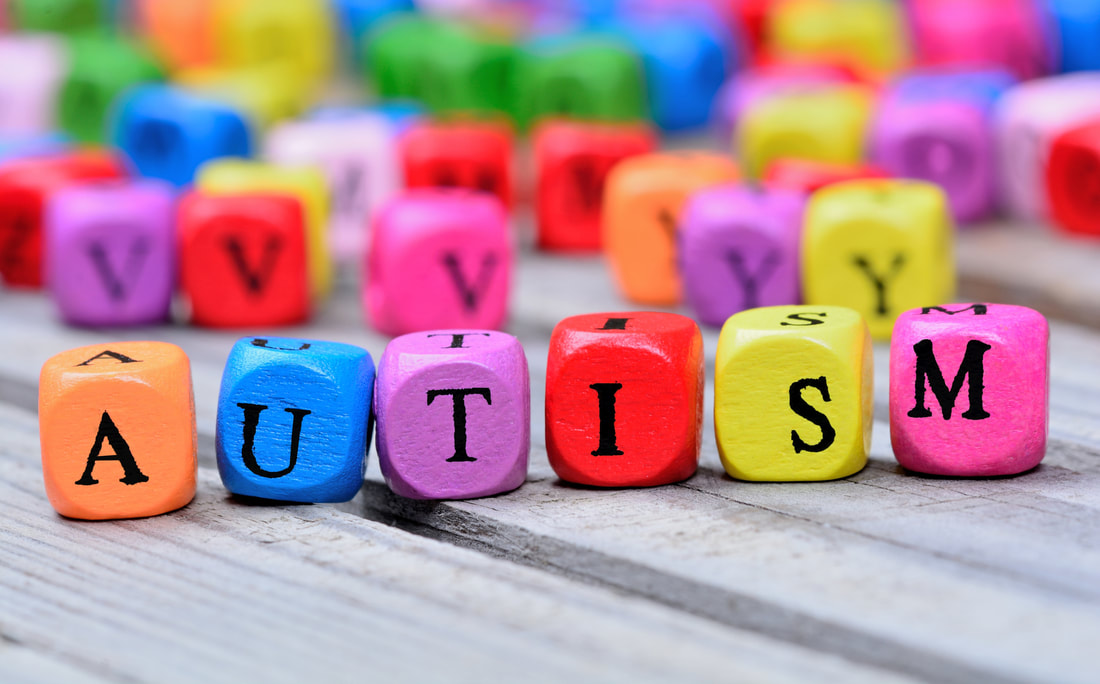|
Autism is a disorder that affects individuals in various different ways, with the most common struggles being focused on communication and sensory challenges. Although it’s a disorder that’s commonly associated with young children, it’s important to understand that there’s a large population of adults with similar struggles.
While adults might be better equipped to handle the challenges that autism presents, this isn’t always the case. Without a diagnosis or advanced psychological knowledge, it can be stressful for autistic people to understand why they seem to see the world so differently from their peers. In this guide, we explore the signs of autism in adults, the challenges they may face, and what others can do to offer support. Understanding how autism can present in adults Autism, also known as Autism Spectrum Disorder (ASD), represents a wide range of different characteristics and behaviors. There are many common misconceptions about autism, and it’s important to recognize that it can present differently in everyone. In children, some of the commonly known signs include avoiding eye contact, being unusually sensitive to noises or touch and engaging in repetitive movements, amongst others. However, in adults, particularly in those who only receive a diagnosis later in life, the signs of autism can be very different. Adults whose struggles weren’t recognized as a child are likely to develop coping strategies to better fit into the world around them. They might appear to perform better in social situations or conceal some of their traits around others, but these are typically learned behaviors. It can be exhausting for autistic adults to try to live this way, eventually leading to feelings of exhaustion and burnout. Challenges that autistic adults may face Sensory issues As seen in children, autistic adults often struggle with similar sensory issues. They might find large crowds or loud noises overstimulating, leading to irritability or even feelings of panic. Or perhaps they are extremely picky about the clothes they wear, opting for soft and smooth fabrics that can bring comfort. Difficulty with communication Social interactions can be challenging for those with autism. They might struggle to understand unwritten social rules or cues, or misinterpret comments that may have been intended as a joke. One of the reasons for this is that it can be difficult to read body language in order to make sense of these situations, which is something many non-autistic people may do without even realizing it. This can make it difficult to make friends, as not everyone will be understanding and patient enough. Not only that, but as it requires a lot more thought to simply spend time with friends, the relationships can feel mentally draining. Executive functioning A more unrecognized side of autism in adults is difficulty with executive functioning. Executive functioning refers to our basic mental skills that are responsible for planning, remembering and completing tasks. Those with autism may lack these skills, making it difficult for them to effectively manage their time and keep on top of daily tasks. How you can support adults with autism The key to supporting autistic adults, whether officially diagnosed or not, is to be understanding. It can be easier to imagine what they’re thinking when you’re informed about how autism can affect the way we view the world, so try to educate yourself as much as possible. Once you have an understanding of the characteristics of autism, try to create an environment that is inclusive of them. For example, many autistic adults will appreciate more direct communication without any hidden messages or non-verbal clues. This can make it much easier to communicate, particularly if they feel encouraged to do the same without facing judgment. It’s a common misconception that autistic people are unable to lead fulfilling lives. While they do often face unique challenges, there are thousands of people who go on to have successful careers and form meaningful relationships in spite of their disorder. As long as they’re in an environment that is supportive, autistic adults have plenty of unique skills and abilities to offer that can be an asset to both work and personal life. By recognizing and understanding their potential struggles, we can work to develop a world in which everyone can flourish.
0 Comments
Leave a Reply. |
|
Please DO NOT use this email address for medication refill requests or for emergency situations.
Click here for refill requests instead of using email: Medication Refill Request Form If you have a medical emergency, email is never the appropriate way to communicate your needs, and you should instead call 911 or go to the nearest ER. If you are having suicidal thoughts and need to speak to someone immediately, you can contact Suicide Prevention Hotline at the number (and link) below. [email protected]
Communications via email are not secure. Although it is unlikely, there is a possibility that the information you include in an email can be intercepted and read by other parties besides the person to whom it is addressed. |
|
2024 Providers for Healthy Living | All Rights Reserved
|


